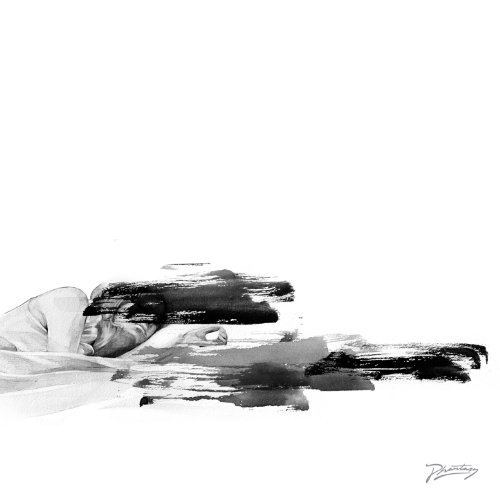
Daniel Avery
Drone Logic
Release Date: Oct 7, 2013
Genre(s): Electronic, House, Pop/Rock, Alternative/Indie Rock, Club/Dance, Indie Electronic, Left-Field House, IDM
Record label: Because
Music Critic Score
How the Music Critic Score works
Buy Drone Logic from Amazon
Album Review: Drone Logic by Daniel Avery
Great, Based on 5 Critics
Based on rating 8/10
After a string of impressive singles and an exciting entry in the Fabriclive series, techno producer Daniel Avery's debut album Drone Logic fulfills all the promise of his early work and delivers something pretty special. Inspired by classic albums by the likes of the Chemical Brothers and Underworld, which were more than just a seemingly random series of tracks strung together and more a kind of listening experience where the sounds, moods, and beats ebb, flow, and build into a cohesive whole, Avery aims very high here. Taking elements from a wide range of electronic styles from acid house and classic Detroit techno to IDM and electro, throwing in some unexpected hints of shoegaze and Neu!, and always making sure to weld mind-expanding melodies onto his alternately soothing and slamming beats, Avery has crafted an album that equals his inspirations and definitely rewards repeated spins.
Based on rating 4/5
Peckham-based producer Daniel Avery has had more big-ups in the last year than haircuts, with electronic luminaries such as The Chemical Brothers and Richie Hawtin saluting his offbeat releases. His debut, however, is in a league of its own. ‘Drone Logic’ blurs raw techno, piano house and – yes – drone into propulsive dancefloor poetry. It’s minimal without being clinical, catchy without being clichéd and, thanks to the influence of MBV and Neu!, full of sonic left turns.
Based on rating 4.0/5
In the world of electronic music, Daniel Avery is what we might call a rockist. He grew up on guitar music in his hometown of Bournemouth, and came to dance music relatively late. He releases on Erol Alkan's indie-friendly Phantasy Sound, his tracks make melody their chief concern, and they aren't the least bit fashionable. All of this makes him quite refreshing.
Based on rating 7.2/10
Daniel Avery occupies an odd spot amongst underground dance producers: he values largesse. Aspiring to the kind of big-room, anthem-wielding sound the Chemical Brothers perfected in the mid 90s—and, one presumes, their career trajectory—Avery eschews the hyper-rhythmic minimalism and throwback New Jersey garage sound that currently power UK club music in favor of soupy, riff-driven compositions that borrow from UK fetishes past: burbling acid house, elegant Detroit techno, big beat. Don't mistake Avery's ambition with that of big-tent super-producers.
Opinion: Excellent
Post acid-house came the era of the superstar DJ. Insufferable human jukeboxes like Sasha and Oakenfold who rolled like international celebrities, jetting around the world, playing records and making pots of cash, while partying with the beautiful people. Fast forward 20 years, and while we may still live on a planet where David Guetta is treated like a rock star, entering the DJ booth with arms outstretched like Jesus as sponsored by L'Oréal to be deified for dropping a will.I.am record, thankfully, these days the Guettas are the exception, not the norm.
'Drone Logic'
is available now

